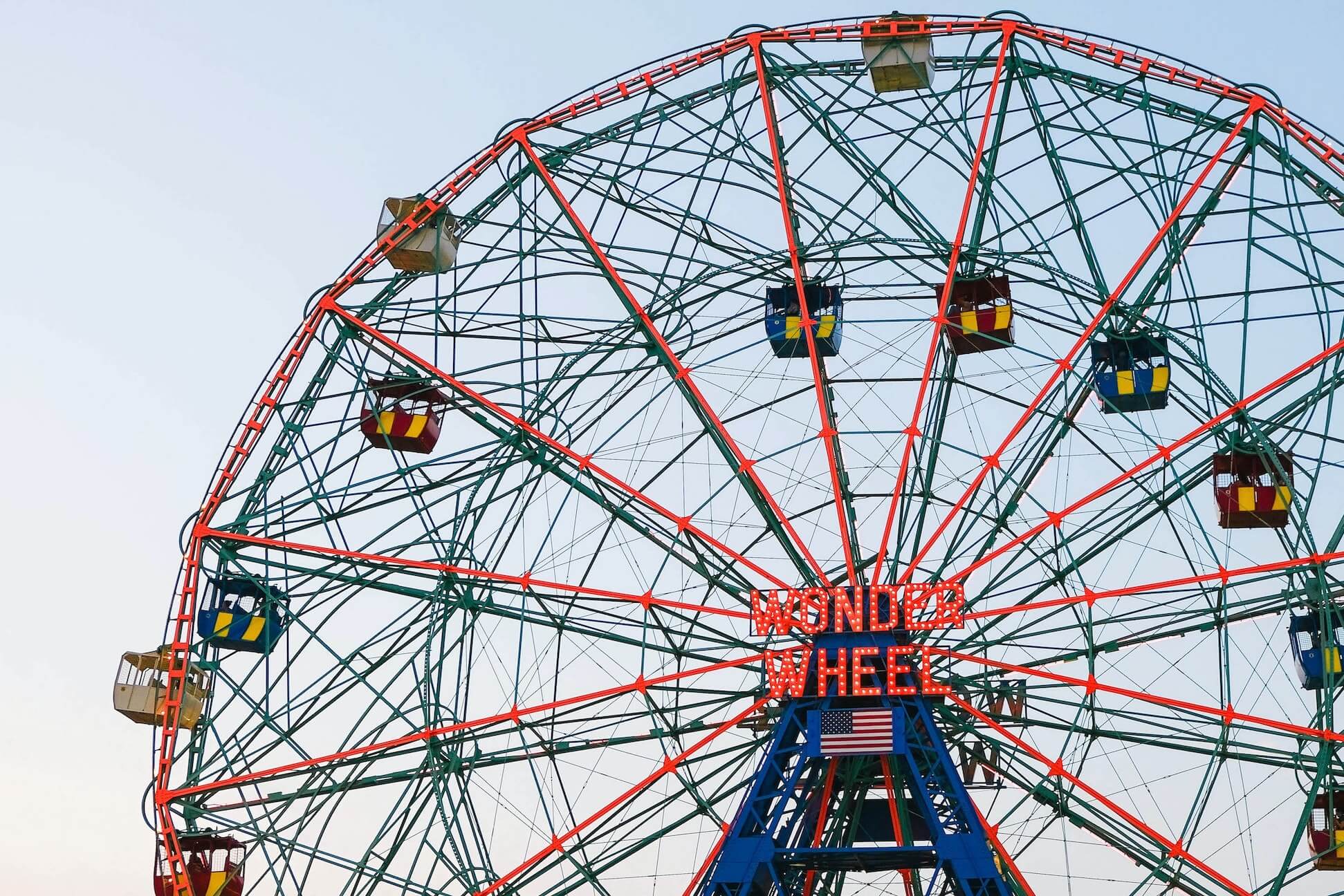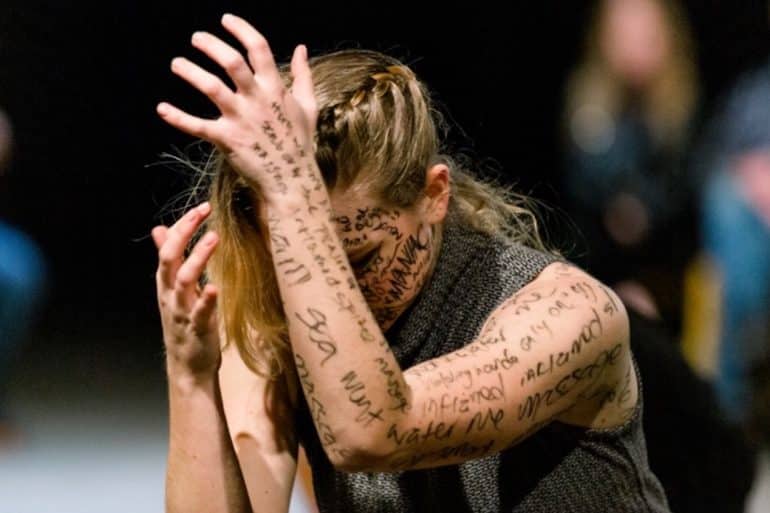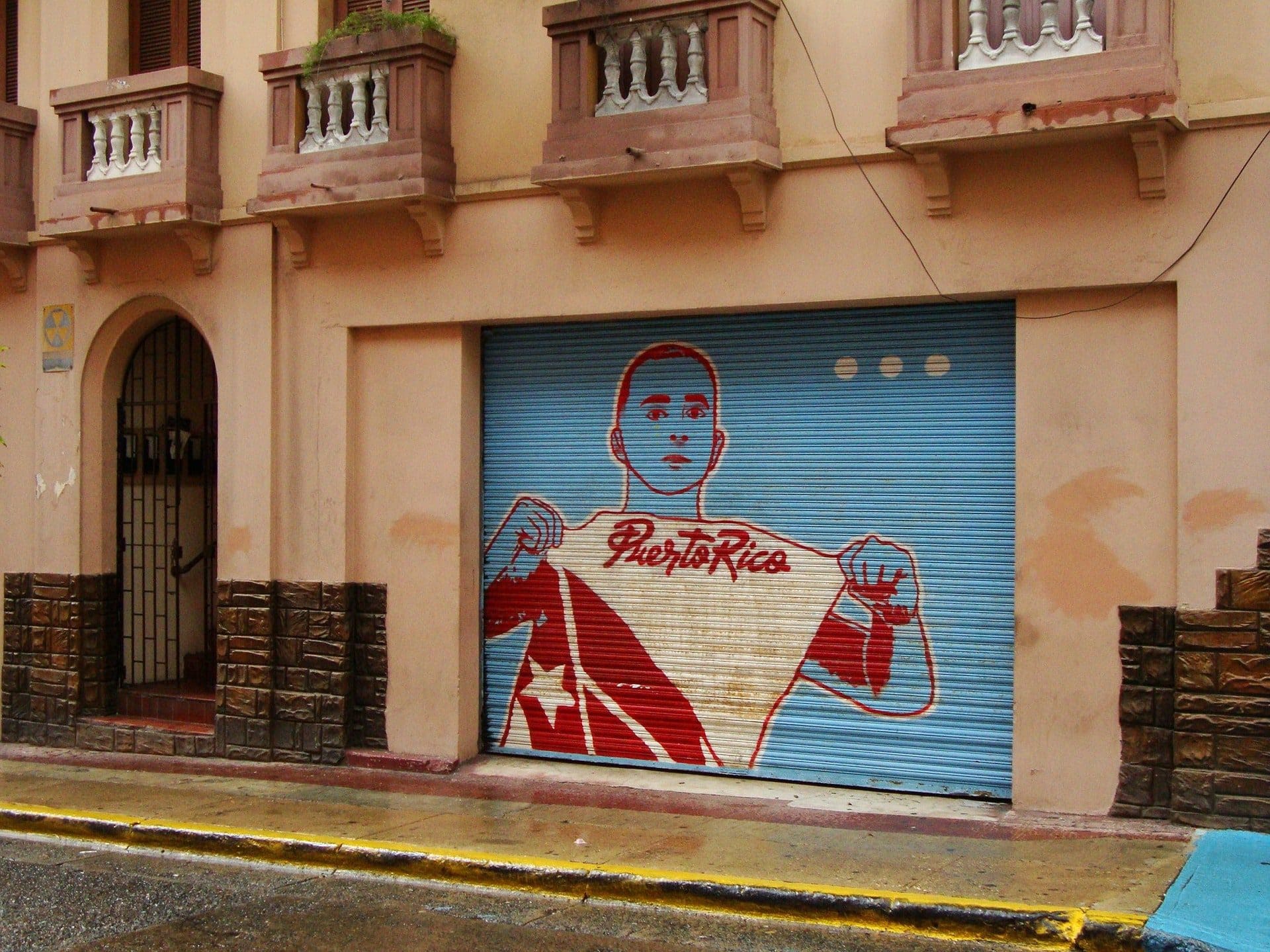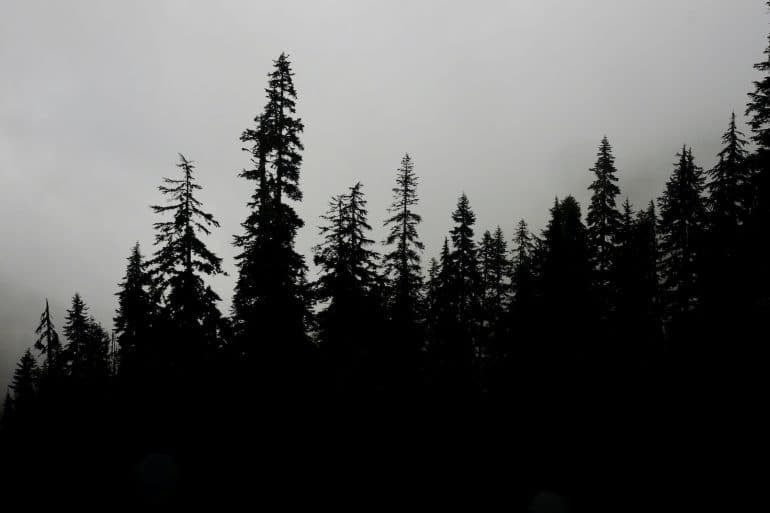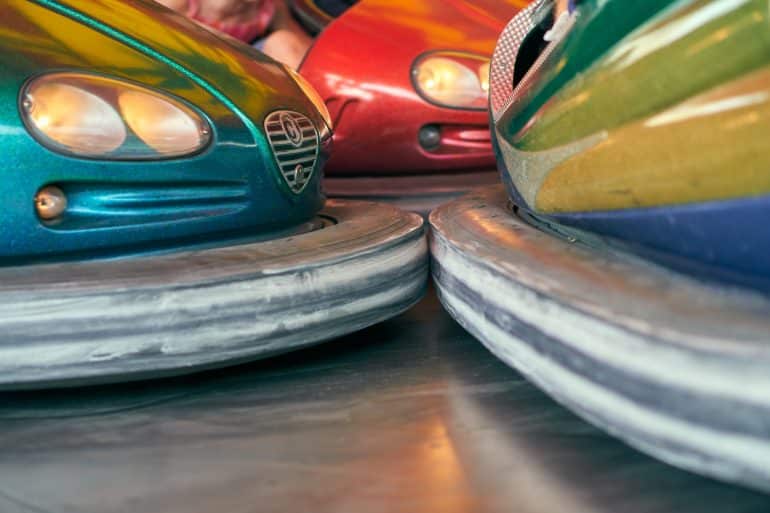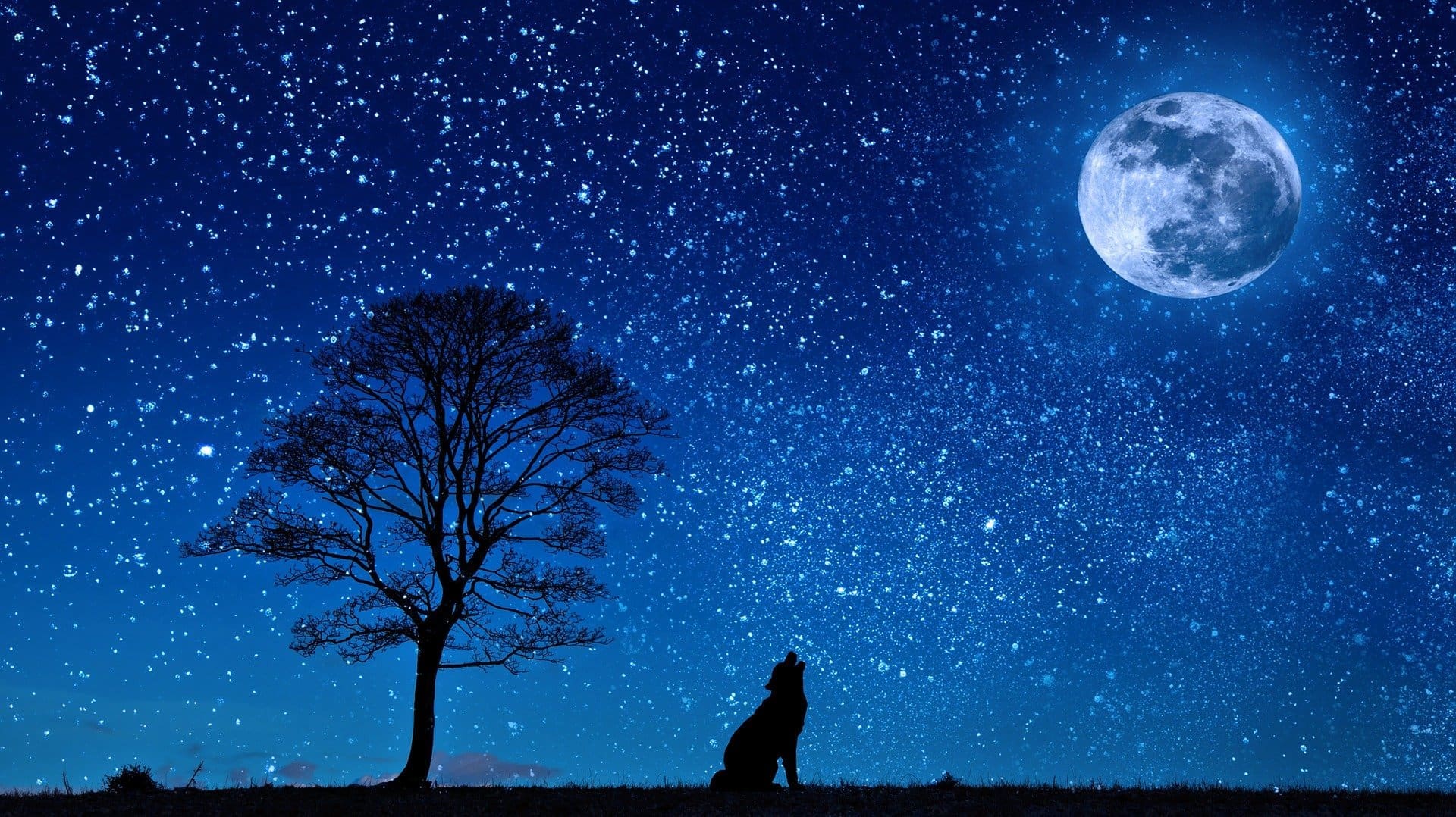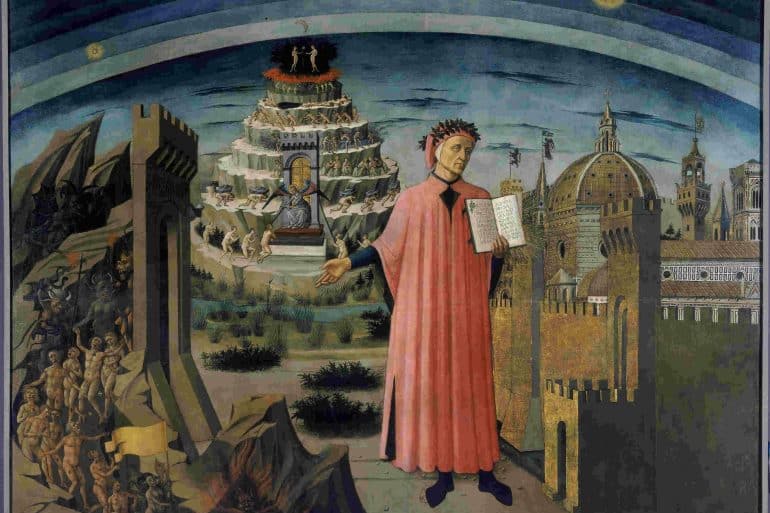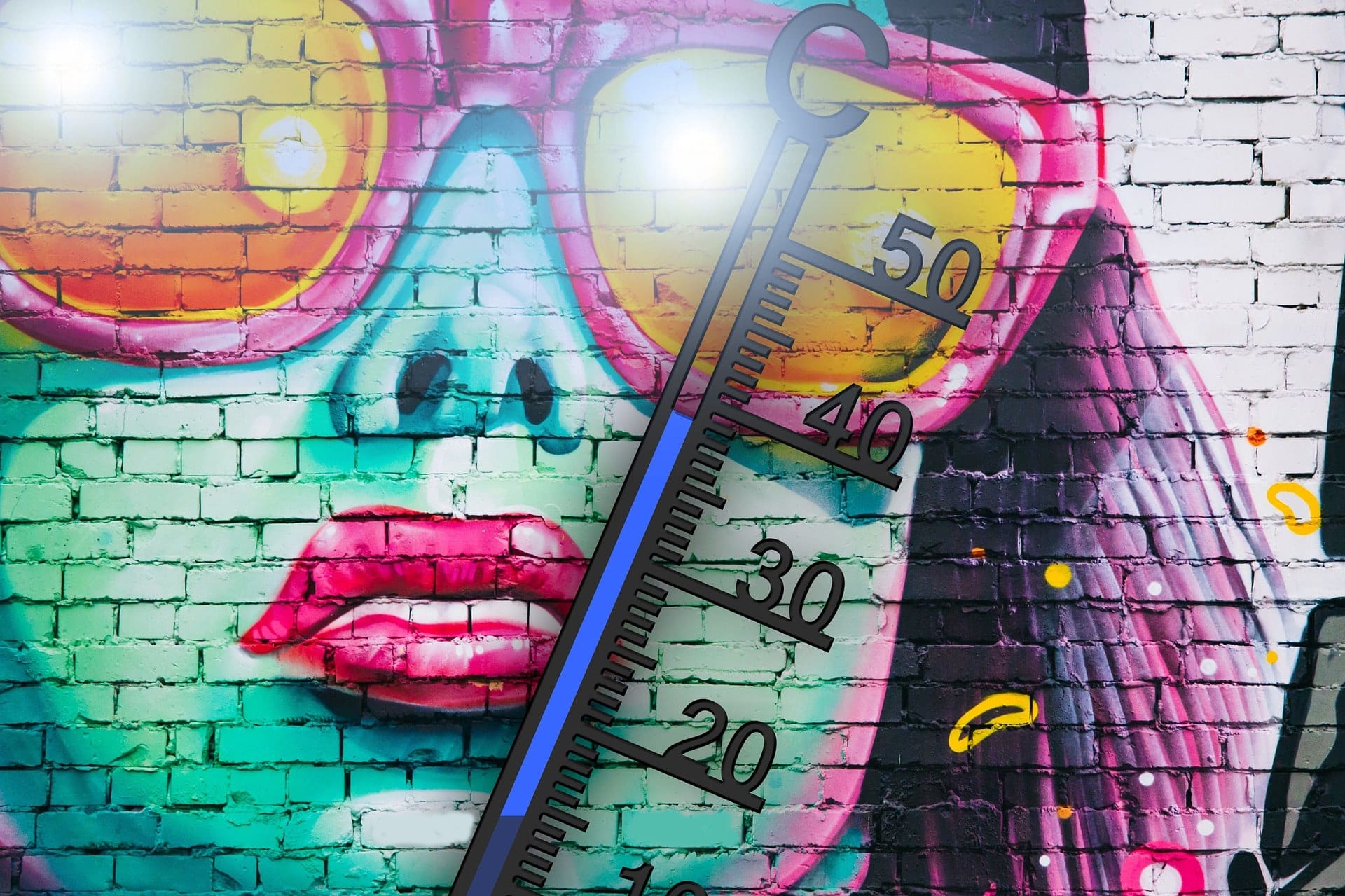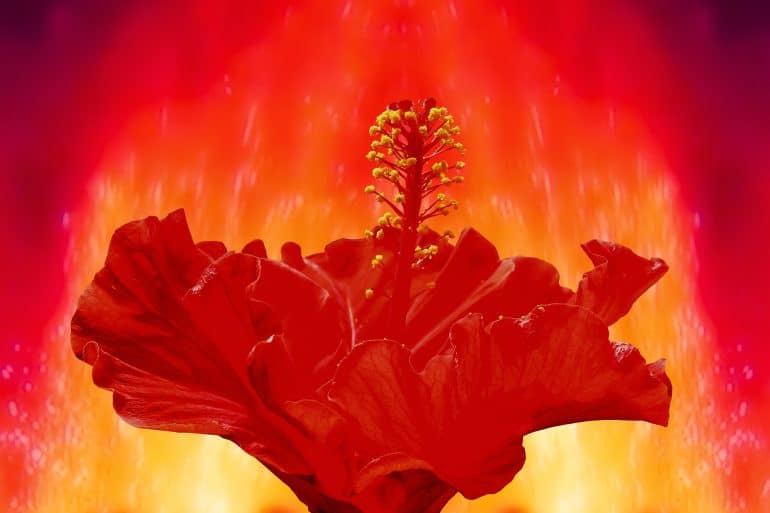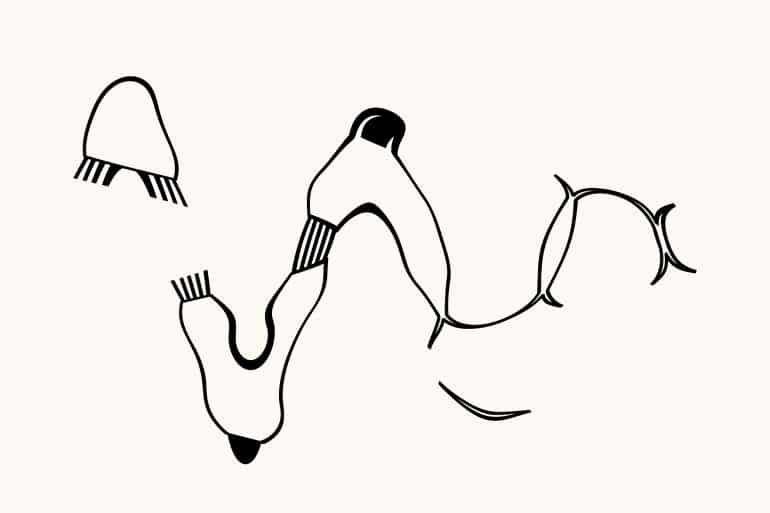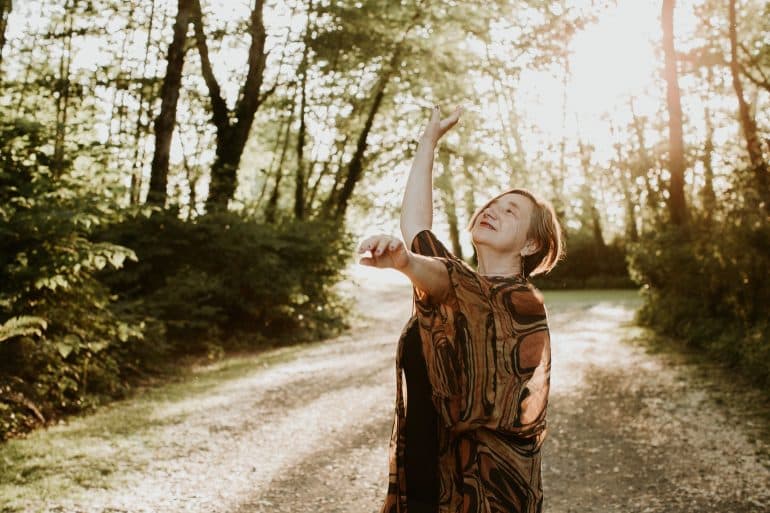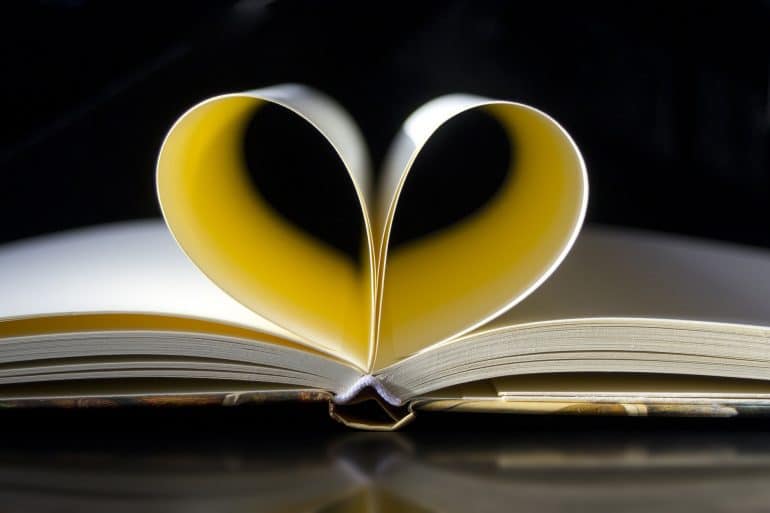"My poems are not entirely mine. They belong to the people and events of my passage through life. For once the dam is breached its contents flow unabridged. - Milton Carp, poet at 91"
"I called out the demons one by one. I named them. I gave them precise blocking and ultimately, I controlled where they stood, breathed, and bourréed. I gave them an entrance, and a stage, and then I sent them away."
"Everybody is a poet in the sense that everyone was/is making do—and making magic—with what they had/have."
"It is in finding these solutions, the tape and the glue that holds us all together, that we find the beauty of who we are as people."
“My ability to be creatively vulnerable with my mental illness as well as the experiences which contributed to it will serve as a method of self-healing.”
"I have continued to explore the usefulness of various poetic forms as a mechanism for providing access to suppressed internal voices."
"Ongoing horrific events painstakingly filled my mind when I submerged into Dante’s Commedia Divina. Our tragedy with nature revealed itself to me in its deepest form."
"I tend to take every loss of rainforest personally. My autoethnographic poetry 'The Threat' and 'John Doe' are reflective of this."
"Damned," the first publication in The AutoEthnographer's Bodily Autonomy issue, is the product of my confused reflection and internal conversations with the culture that raised me."
Daze Jefferies·
All ContentAutoethnographic Art & MultimediaAutoethnographic PoetryClimate Change Special Issue, 2022Special Issues
··3 min read"This autoethnographic poem resembles a wave: coming, going, history, hereafter...an endless exchange."
"Autoethnography and culture: Embodied inquiry is not a formula, or methodology, but a way of being, being open to the body as a source of knowledge, wonder, difficulty, fragility and utter joy."
"I see myself as someone whose organic inquiry and teaching are shaped by radical love, and I am willing to let myself be changed by my students."


